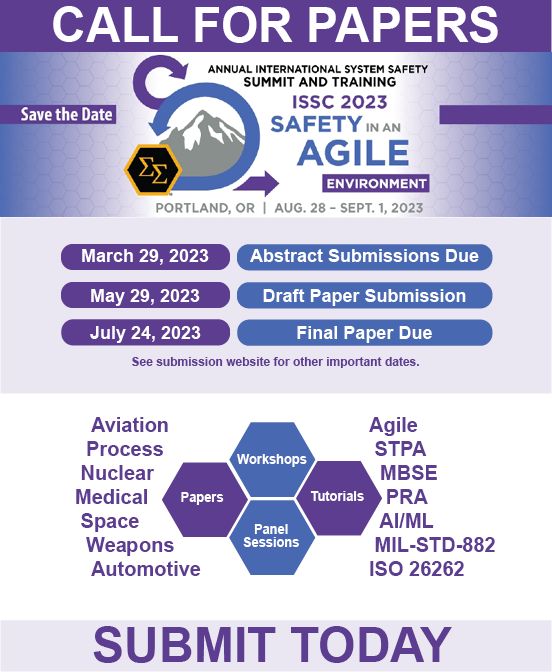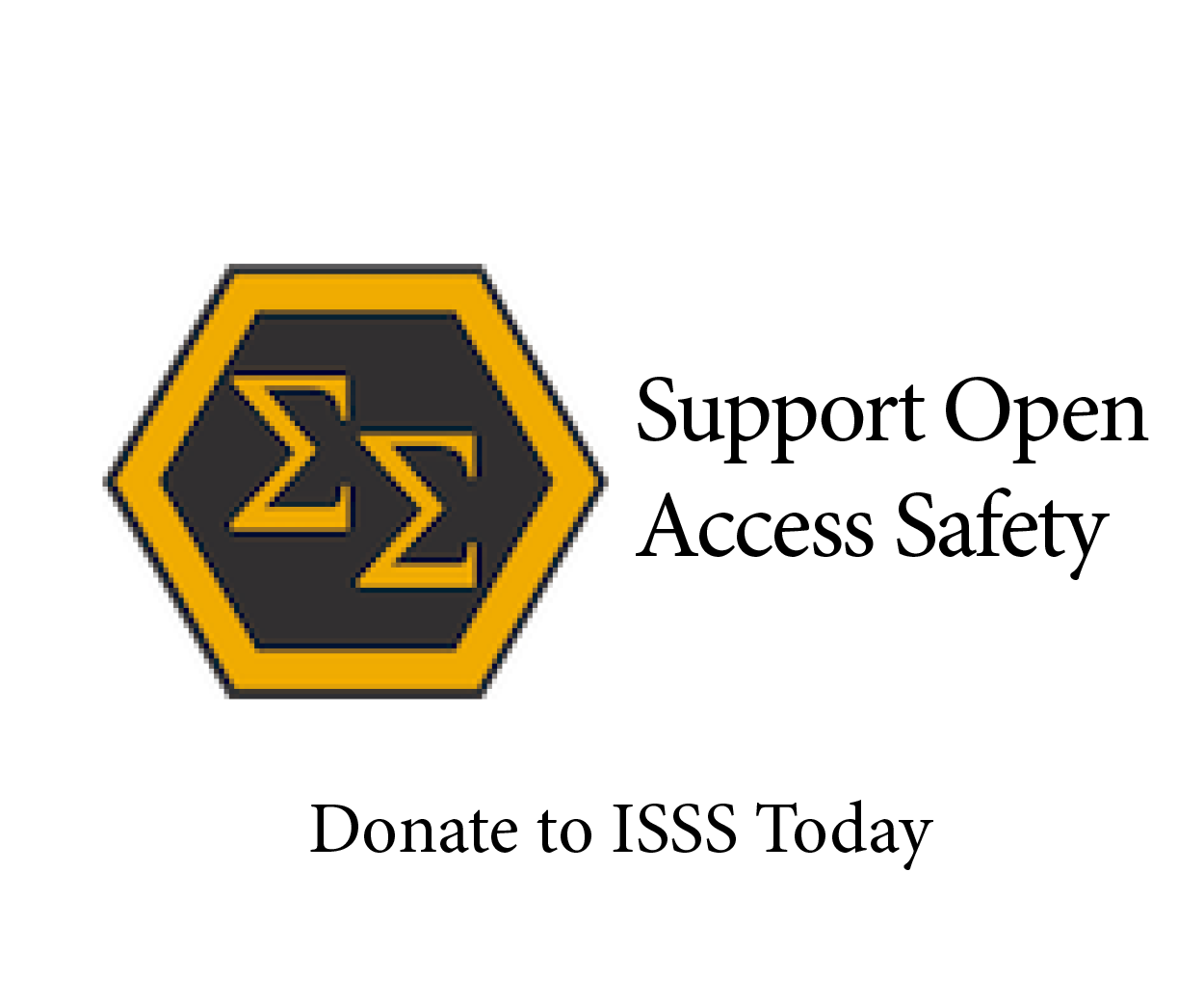System Safety in Healthcare
Electronic Health Records: Dangers for Patient Safety
DOI:
https://doi.org/10.56094/jss.v51i2.154Keywords:
electronic health records, EHR, HIPAA, CDS, system safetyAbstract
Electronic health records (EHR) are critical to precision medicine. They provide greater patient access to medical history data and are available quickly. But there are many inherent risks in using these records.
According to a new study, even in long-standing EHR systems such as the one used by the Department of Veterans Affairs (VA) health care system, many significant EHR-related safety concerns remain. In a study of investigations of EHR-related safety violations launched through the VA’s Informatics Patient Safety office (IPS) from 2009 to 2013, researchers looked at 100 closed cases at 55 VA facilities. Of those cases, 74 involved unsafe technology, and 25 involved unsafe use of technology, which the researchers of the study wrote “most commonly involved the dimensions of people, clinical content, workflow and communication, and human interface.” A majority of cases (70 percent) involved both unsafe technology and unsafe use.














